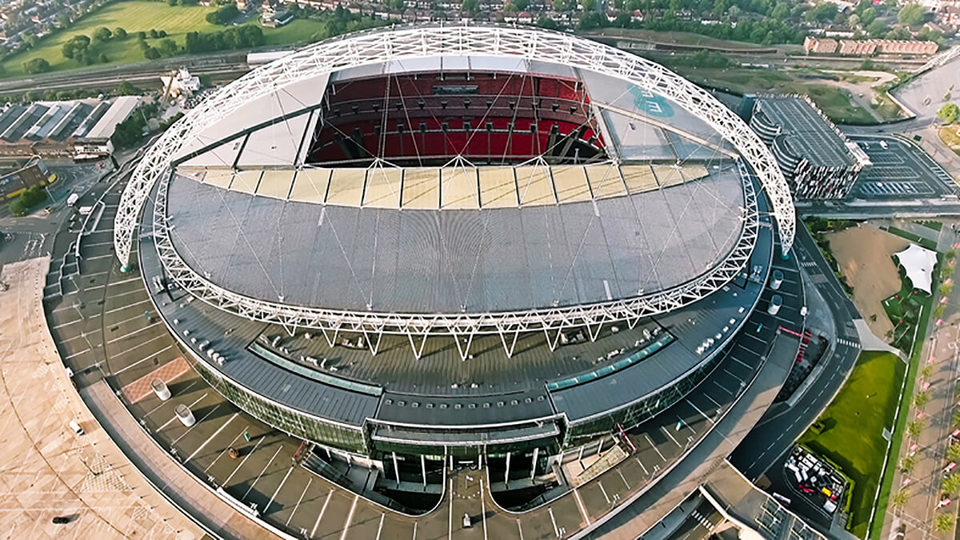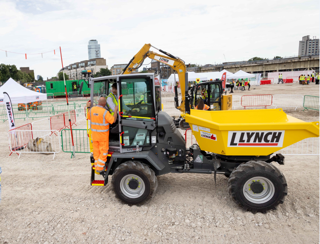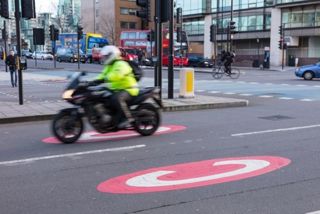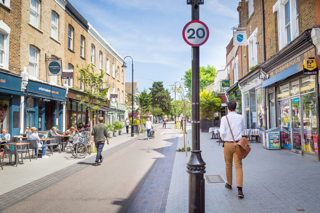In less than 20 weeks the ‘greatest show on earth’ will begin and businesses are starting to get a glimpse of the disruption that the Olympic Games will have on their ability to operate.
Modelling from Transport for London (TfL) is predicting travel hotspots where delays will be inevitable and alternatives restricted.
But problems will not be restricted to the capital. With events taking place across the country, the impact will be felt in cities as far apart as Cardiff, Newcastle and Glasgow.
TfL is particularly concerned about access routes in and out of Weymouth and Portland, where sailing events are being held.
Organisations are implementing contingency plans and the Freight Transport Association (FTA) is “rejecting” invitations to meetings in London during the Games.
Commuters should expect severe delays on public transport, with people having to wait for 30 minutes or longer to board some underground services during peak periods.
Speaking at an Olympic seminar organised by ACFO, the FTA’s managing director of policy and communications James Hookham believes the industry faces some very big issues, because there are no alternatives available.
“For many businesses, there is a lot of expectation that service levels, delivery schedules and reliability is not only going to be preserved, it’s going to be stepped-up,” he said. “That’s the expectation; we’ve got to overlay the reality.”
The Olympic Games opens on Friday, July 27, and closes on Sunday, August 12, before the Paralympics takes centre stage from Wednesday, 29 August, to Sunday, September 9.
Games transport in and around the capital will be prioritised along the Olympic Route Network (ORN) and the Paralympic Route Network (PRN) for the duration of both events and two days either side, with fleets facing a fine if they stray on to them during restricted times.
Ian Wainwright, freight programme manager at TfL, said: “We are not trying to fool anybody by saying this is going to have no impact. Currently there are 25 million journeys on a daily basis in London; during the games, we believe that’s going to increase by another three million.”
That’s an increase of around 17% and Wainwright admits that it will not be “entirely perfect”, but TfL is trying to give people and businesses as much information as possible.
“This is the biggest test event ever aimed at changing the travel behaviour of individuals or companies,” he explained. “In a large global city, with this activity happening right in the middle, this is in a sense an experiment.”
It’s not an entirely helpful analogy, but Wainwright is simply recognising the impact the games may have on travel in the long term. But in the short term there are still a number of issues that need to be addressed.
The London boroughs have to decide on the level of parking charge notices around venues, with final sign off from the transport minister Justine Greening in May.
And TfL is still developing the freight journey planner, which promises to provide a games data layer that can be fed into other telematics’ systems. The real-time strategy, which includes radio messaging and twitter feeds, is also being drawn up, but is expected to be in place by late spring.
Communication is key, according to Wainwright. “It’s about telling people the right information at the right time.”
He added: “There are more than 400 big events in London on an annual basis. The issue with this one is 26 are happening at the same time.”
Hotels will also be close to capacity for much of the summer, with PricewaterhouseCoopers and Portman Travel predicting occupancy rates upwards of 92%, yet prices remain in check at an average of £156.
“Some hotels are asking you to pay a premium in advance or a one-night stay is being extended to a two, three or four,” said Dave Bishop, senior vice-president global sales at Portman Travel. “But there is value there if you look for it.”






















Login to comment
Comments
No comments have been made yet.